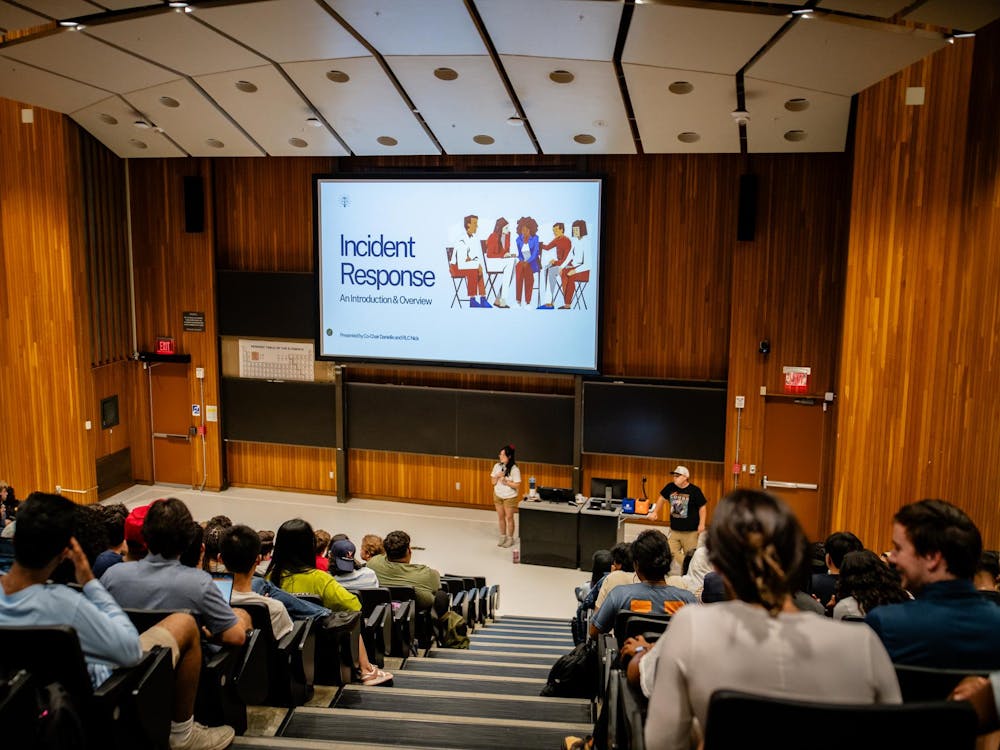LAST WEEK, two reports regarding the state of affairs in Africa graced the front page of The Washington Post. One recounted an entire generation of Rwandan children born of rape; the other detailed the ravaging effects AIDS is having in South Africa. There was no outcry; no one cared. The continent weighs so marginally on the American consciousness that while 70 percent of respondents to a recent poll felt the United States should intervene if a genocide was occurring in Europe, only 50 percent felt it was warranted if the genocide was in Africa.
Since CNN does not find Africa sexy enough to bump "Brawl breaks out at anger management assembly," here's a brief recap of how things stand at the moment: There is ethnic cleansing occurring in Western Sudan, Zimbabwe's economy is in crisis, a half-dozen thuggish dictators maintain power, the Congo is teetering on the brink of yet another civil war and -- to top it all off -- over 28 million Africans are infected with HIV while another 38 million are threatened by starvation. Luckily for them, we here in the States are spending our time trying to stop gays from marrying.
Why such a cold reception for the maligned continent? Frankly, Americans by and large don't care about Africa, and neither do our politicians. It's not that we are unsympathetic; it's simply that there is a widespread misconception that no U.S. interests lie in Africa. It's far away, most people know next to nothing about it and victims of oppression and disease are statistics, not faces. For politicians, there is no electoral gain in concentrating on Africa, and on the surface it seems there are few economic or security benefits to such a proposition.
Sadly, America may only turn its attention to Africa much in the same way our fixation with the Middle East began: after a terrorist attack. Where is al Qaeda going to flee after Afghanistan and Pakistan can no longer shelter them? Kenya. The Congo. Sudan. Already a Moroccan extremist group associated with Osama bin Laden has been implicated in the Spanish train bombings. A proactive approach to bolstering African infrastructures, economies and public health will pay dividends in the long run, quite possibly in the form of saved American lives.
There are other advantages to putting Africa high on the policy agenda. This is a continent of over 800 million people that is filled with natural resources; the economic opportunities that lay in an Africa which is not beset by corruption and poverty are massive. Certainly, the problem will not be solved by throwing money at the nations, but by using our resources in an intelligent and creative manner, we can have a significant and lasting impact which will provide tangible benefits to America.
Lastly, focusing on helping Africa is just the right thing to do. If we hope to hold even a sliver of moral legitimacy when our president invokes words such as "liberty," "freedom" and "justice," how can we sit idly by while such unspeakable suffering continues? How can we be seen as anything but self-serving hypocrites if the Iraqi people are worthy of liberation, but not the people of Zimbabwe?
We have too little direction as a nation, and that hampers both our foreign policy doctrines and our standing worldwide. America of 2004 has no clear goals, no guiding principles. Where are our New Deals, our New Frontiers, our Great Societies? We are the most powerful nation history has ever seen, and we should be using that great influence to pick up the downtrodden -- or better yet, to help the downtrodden pick up themselves.
Africa is hemorrhaging, and one does not walk past a dying man and pretend he's not there. We make half-hearted efforts to help, certainly, but the aid packages pale in comparison to what is needed. For the good of the African people, for the good of America and for the good of the world, we must respond to this crisis with every resource at our disposal. Humanity must respond.
Elliot Haspel is a Cavalier Daily associate editor. He can be reached at ehaspel@cavalierdaily.com.






